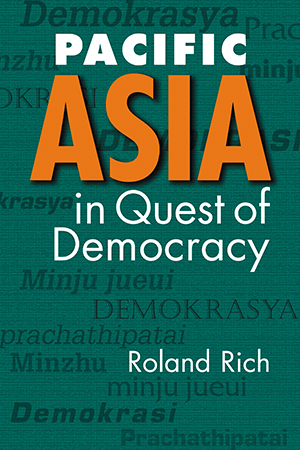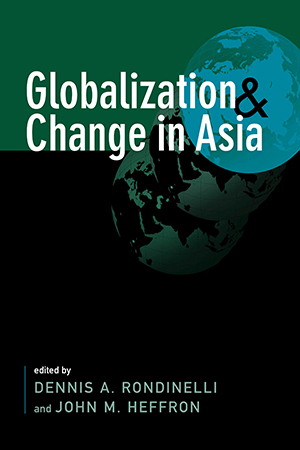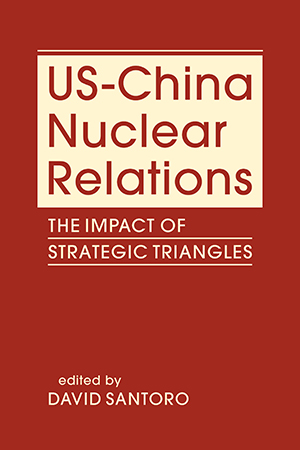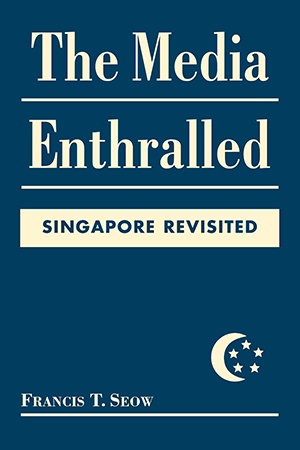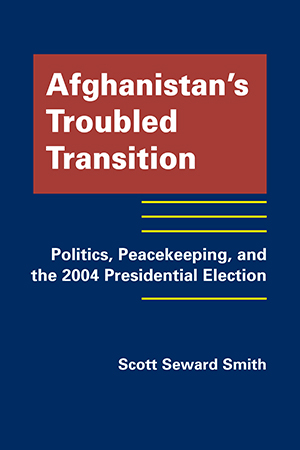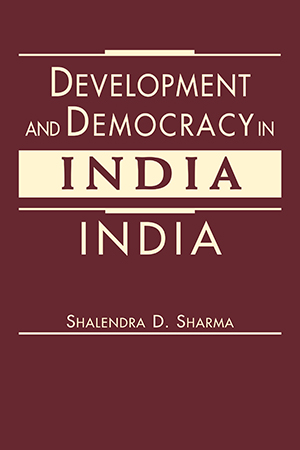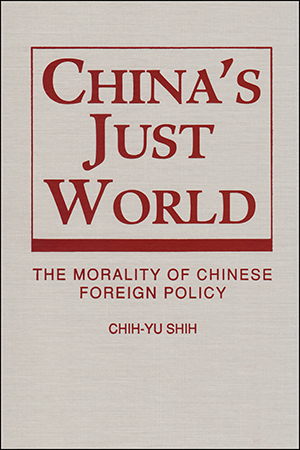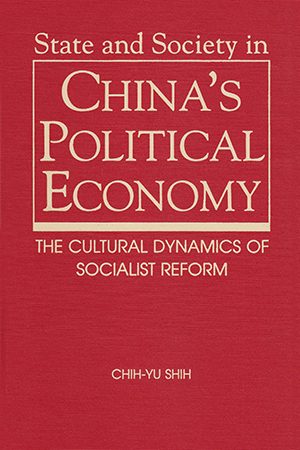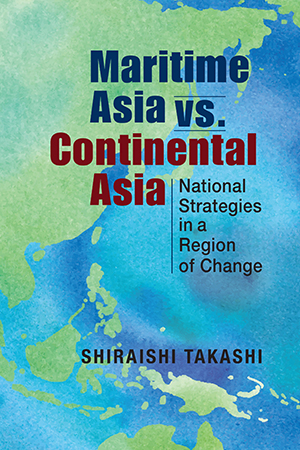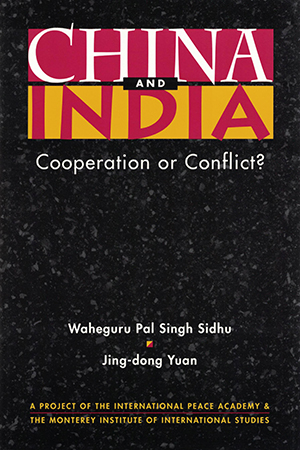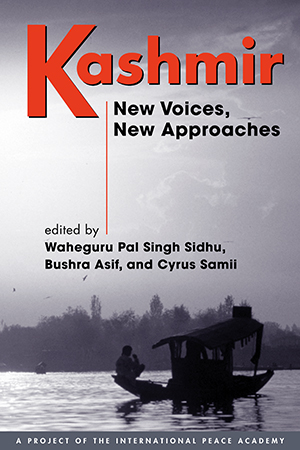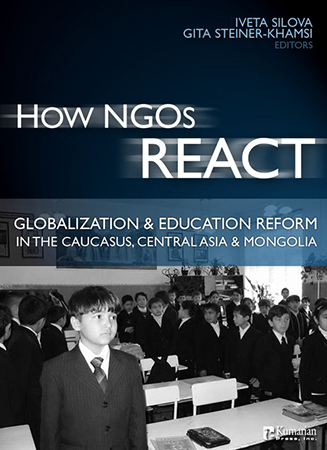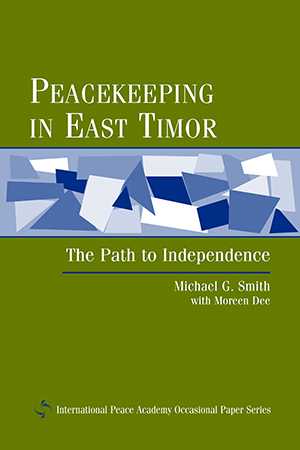Asia (all books)
A richly detailed chronicle of a cross-cultural odyssey in the Philippines under U.S. colonial rule. The son of a Filipino father and a North American (Brooklyn-born) mother, Norman Reyes More >
What does democracy look like in Pacific Asia? Can democratic governance in the region survive the challenges of corruption, violence, and soft authoritarianism? What impact are economic More >
On March 18, 2000, Taiwan's voters stunned the world by choosing Chen Shui-bian, the candidate of the opposition Democratic Progressive Party (DPP), to be their president. A host of new More >
Globalization and Change in Asia explores three decades of adjustment on the part of governments, civil society, and the private sector to the complex new forces of international More >
Though China remains a relatively weak nuclear power, it has in recent years become central to US strategic policymaking. What explains this shift? How is the US-China strategic nuclear More >
Once a proud and independent institution, the Singapore press was brought to its knees by threats, arbitrary arrests and detentions, general harassment, and litigation during Prime Minister More >
Scott Seward Smith focuses on Afghanistan's 2004 presidential election—the first popular election ever held there—as he explores the painstaking attempt by the United Nations More >
This broad, historically grounded study examines the relationship between democratic governance and economic development in postindependence India (1947-1998). Sharma addresses the More >
Looking at China's foreign policy, this book focuses on the Confucian-based need of Chinese leaders to present themselves as the supreme moral rectifiers of the world order. Shih More >
As China's reforms take root, the differences between the traditional value of harmony and the socialist norm of class struggle are becoming increasingly obscured. Chinese citizens are, More >
Shiraishi Takashi reflects on the diplomatic challenges facing the countries of Asia in today's geopolitical order, exploring historical context, long-term trends, and current More >
The hardline view of Sino-Indian relations found in the published reports of Indian and Chinese security analysts is often at considerable odds with the more tempered opinions those same More >
Uniquely representing all sides in the conflict over Kashmir, this innovative new book provides a forum for discussion not only of existing proposals for ending the conflict, but also of More >
How NGOs React follows the Soros Foundation's educational reform programs in the Caucasus, Central Asia, and Mongolia and raises larger questions about the role of NGOs in a centralist More >
The UN intervention in East Timor amply illustrates the type of complex operation that the United Nations increasingly is being asked to undertake. Michael Smith analyzes the successes and More >



